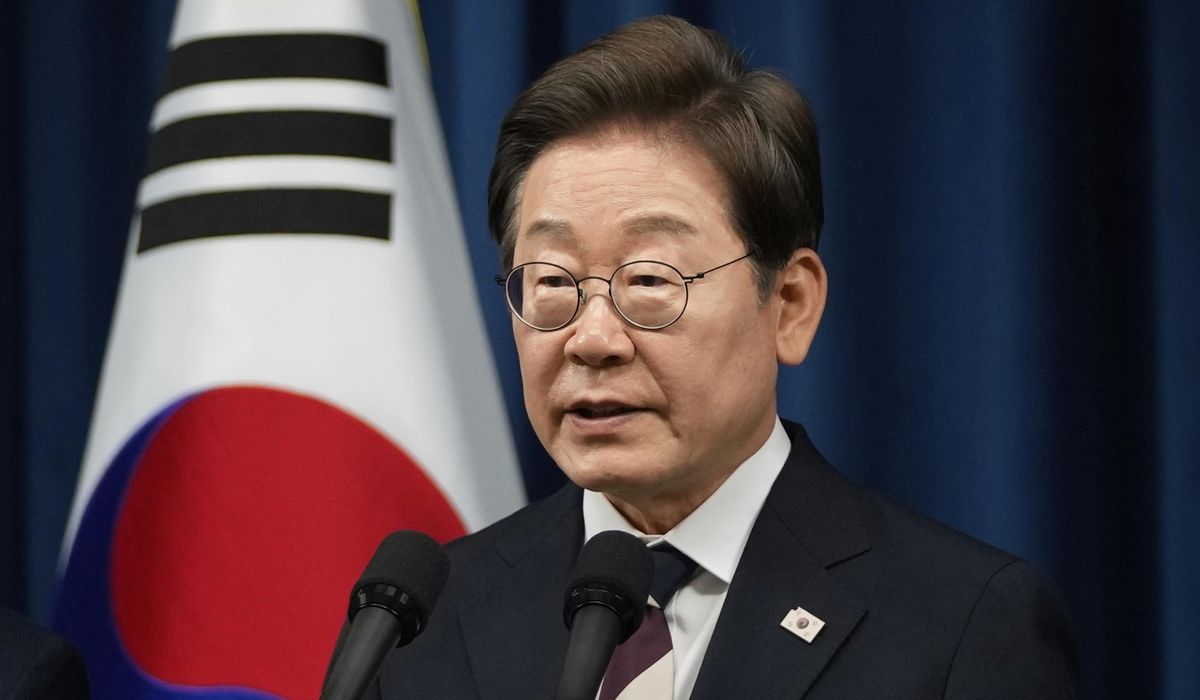ARTICLE AD BOX
Prime Minister Mark Carney said Canada is withdrawing reciprocal tariffs on U.S. goods, hoping to soften the ground before a review of the North American trade agreement later this year.
Mr. Carney said his side will no longer tax American products that comply with the U.S.-Mexico-Canada Agreement, as of Sept. 1.
The levies had been imposed in response to President Trump’s decision this year to place a 25% tariff on steel and aluminum imports. The prime minister said its levies on U.S. steel, aluminum and cars would remain in place.
“The situation we’re in now is that Canada and the United States have reestablished free trade for the vast majority of our goods,” Mr. Carney said. “Our focus is squarely on these strategic sectors.”
Mr. Carney announced the change after a phone call with Mr. Trump as the neighbors try to navigate the White House’s sweeping new approach to global trade.
In July, Mr. Trump said he would impose a 35% tariff on Canadian goods, citing in part its lack of progress on fentanyl trafficking, though Mr. Carney says 85% of trade remains tariff-free due to USMCA exemptions.
“The Canadian government will now match the United States by removing all of Canada’s tariffs on U.S. goods specifically covered under [the trade deal],” Mr. Carney said.
He said the U.S. average effective tariff rate on the globe has jumped from a little over 2% to over 16%.
However, he said the effective rate on Canada is 5.6% because of trade-deal exemptions, making it the “lowest among all of the United States trading partners.”
Mr. Carney added, “Canada currently has the best trade deals with the United States. While it’s different from what we had before, it is still better than that of any other country.”
A White House official said the administration welcomes Ottawa’s decision to withdraw the retaliatory tariffs, dubbing it “long overdue.”
“We look forward to continuing our discussions with Canada on the administration’s trade and national security concerns,” the official said.

 4 hours ago
7
4 hours ago
7








 English (US) ·
English (US) ·